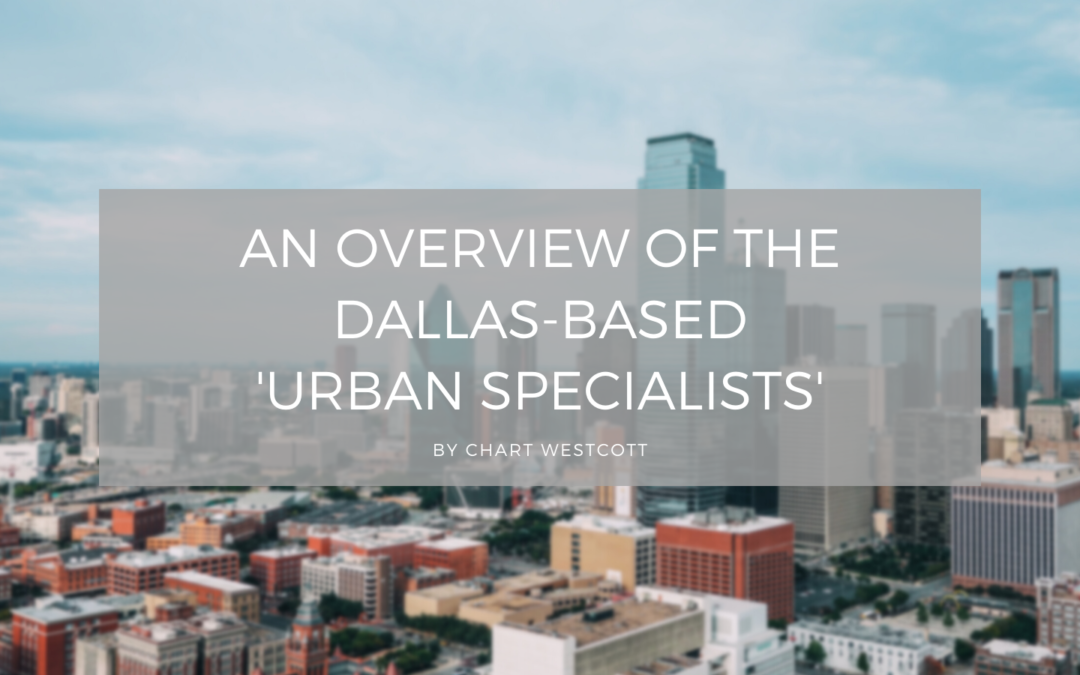Founded in 1997 by the legendary Bishop Omar Jahwar, Dallas-based Urban Specialists has forged a unique path among organizations that seek to change deeply troubled segments within society for the better.
Bishop Jahwar passed away in March of last year. He grew up in a city environment where poverty was high, unemployment was entrenched and the level of crime was often out of control. The latter was driven by gangs joined by young people out of desperation because they had few good options within their decayed neighborhoods.
What made the method of Bishop Jahwar unique is that he looked straight into the problem and went after it directly. That is, Jahwar decided to approach violent rival gang members themselves, including the notorious Crips and Bloods. He sought to negotiate with them rather than fight to constrain them or get them rounded up and arrested.
One by one, Jahwar convinced them to put aside their bitter conflicts and their acts of violence. He created a strategy that enlisted the help of gang members to start building a peaceful and cooperative community. The plan is rooted in the belief that all people are inherently good. They ultimately want to do the right thing if they have a chance and the proper motivation.
Thus, a central approach of Urban Specialists has been to ask those who had once participated in violence to take the lead in formulating peaceful changes. A former gang member is well-positioned to use his “street cred” to promote constructive ideas for “a thriving life” rather than eking out a “surviving life” on the streets.
Soon, groups of freshly minted “change agents” were spreading out across South Dallas neighborhoods. Their method is to engage the people, listen to their problems, mediate disputes and build relationships. Goal No. 1 was to tamp down violence. In the absence of senseless conflict, a groundwork can be laid that serves as the bed of growing a new nurturing community.
Three principles are held forth by Urban Specialists:
1. Establish a consistent presence within communities. That means spending time at schools, community events and public spaces, such as bus stops and street corner hangouts.
2. Teaching skills that enhance life, such as learning goal-setting behavior and conflict resolution techniques.
3. Cobbling together cooperative connections between schools, police, lawmakers and economic leaders.

